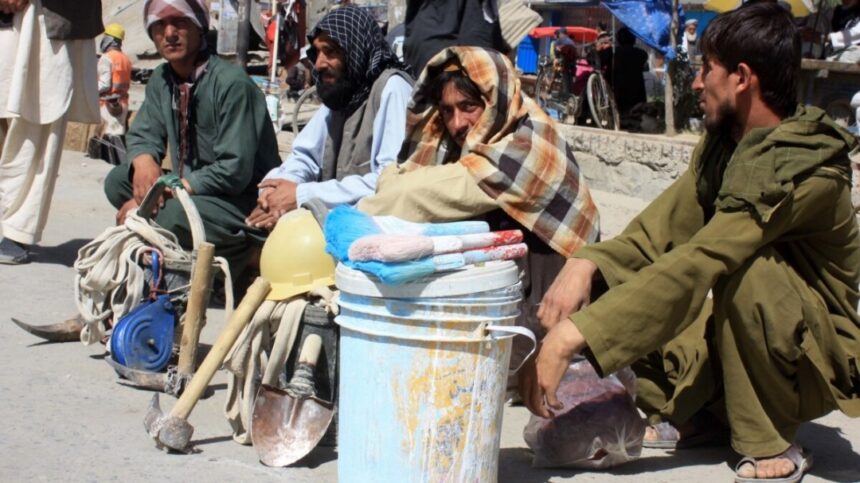RASC News Agency: The Russian Embassy and its “House of Science and Culture” in Kabul recently revoked 500 academic scholarships previously awarded to Afghanistani applicants. These students, who had applied for Russian scholarships in 2023 and received acceptance notifications in July 2024, were informed of the cancellations on January 16. The annulment was reportedly justified by claims that the students might “alter their beliefs” or become “infidels.” In response, the Taliban have proposed an alternative to the Russian authorities, suggesting that instead of hosting Afghanistani students, Russia should accept Afghanistani laborers. The Taliban-controlled Ministry of Labor and Social Affairs announced that it had formally requested Russia’s collaboration in facilitating the employment of Afghanistani workers.
According to an official statement, this proposal was discussed during a meeting between Abdul Manan Omari, the Taliban’s Minister of Labor and Social Affairs, and a Russian delegation comprising Dmitry Zhirnov, the Russian Ambassador, and Nikolay Sazhinov, Russia’s economic and trade advisor. The Taliban claim that Ambassador Zhirnov highlighted significant advancements in bilateral trade relations during the meeting and reiterated Russia’s commitment to further expanding commerce with Afghanistan. The statement also noted that Zhirnov assured the provision of necessary support and facilities for Afghanistani merchants.
As of now, the Russian Embassy in Kabul has refrained from commenting on the discussions or the Taliban’s labor proposition. Meanwhile, Afghanistani citizens continue to voice growing frustration over deteriorating economic conditions under Taliban rule. Unemployment has surged, with countless families struggling to secure even a single meal per day. Many Afghanistanis lament that opportunities for meaningful employment have dwindled significantly since the Taliban’s return to power. Previously, the Taliban had approached Gulf nations and Saudi Arabia with similar appeals to accept Afghanistani workers.
Critics argue that rather than prioritizing education and sending students abroad to acquire knowledge and skills that could contribute to Afghanistan’s progress, the Taliban are opting to perpetuate poverty and dependence by focusing on labor exports. This strategy, they contend, not only undermines Afghanistan’s potential for self-reliance but also entrenches the nation’s international image as one plagued by illiteracy, poverty, and servitude.






